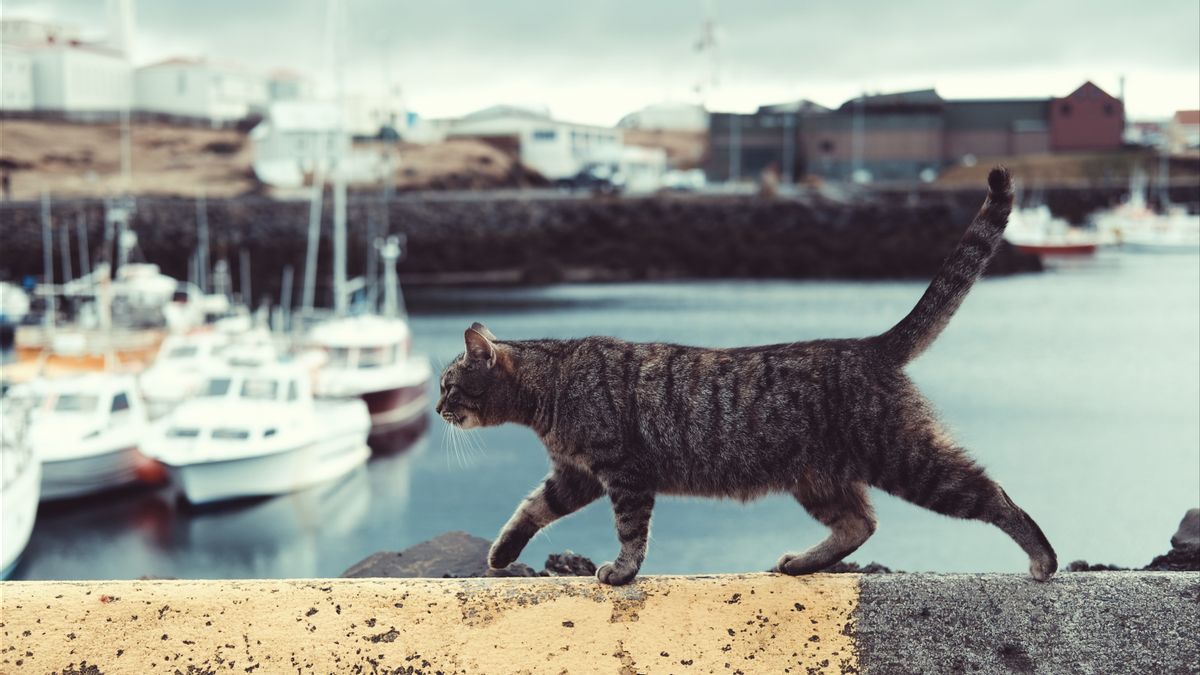JAKARTA - Japanese police are investigating a case of mysterious cat death in Umashima. The island is known as the home of cats because of its large population. The search led to the suspicion of an old man who deliberately brought poisonous food with him.
The small island of Umashima, which is about 10 km from the port of Kokura in northern Kyushu, is widely discussed because it is inhabited by cats rather than humans. Quoting SCMP, the island is inhabited by 30 people and around 100 cats, all of whom roam freely.
Recently, Umashima and Aoshima Islands, which are located nearby, have become a popular tourist spot because of their high cat population. This place is very popular on social media because it is Instagrammable.
Cases of mysterious cat deaths were first reported in September 2017. The number of cats decreased by about 30 in the following two years.
Fukuoka-based animal protection NGO, SCAT, took part in finding out the cause of the cat's death, after about 40 cats were found dead. They received many reports of finding fish with a bluish color lying around the island.
According to SCATD findings, it is suspected that the cat that ate the fish immediately collapsed and foamed at the mouth before dying. A similar report also came from an NGO working in the same field called Taisetsuna Nekotachi. They then reported their findings to local police last October.
Slowly but surely the mystery of the cat's death began to be revealed. Investigations from a reporter for the newspaper The Mainichi saw an old man taking out food. He then interviewed the person.
According to his report, the man known to be 80 years old deliberately left behind poisonous food to kill the crow. The man who came from the city of Kitakyushu denied that he gave the food to cats.
Meanwhile the police have submitted a case report to prosecutors on June 5 and the old man is expected to be charged with violating a number of animal protection regulations. "The revised animal protection law took effect on June 1 with a harsher sentence," SCAT director Sachie Yamazaki told The Mainichi.
"I hope the consequences of this case will deter more perpetrators of animal crime," Yamazaki said.
The English, Chinese, Japanese, Arabic, and French versions are automatically generated by the AI. So there may still be inaccuracies in translating, please always see Indonesian as our main language. (system supported by DigitalSiber.id)













